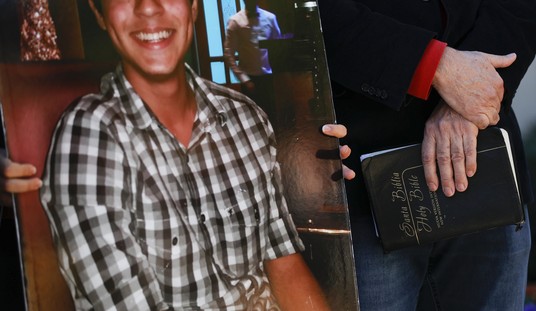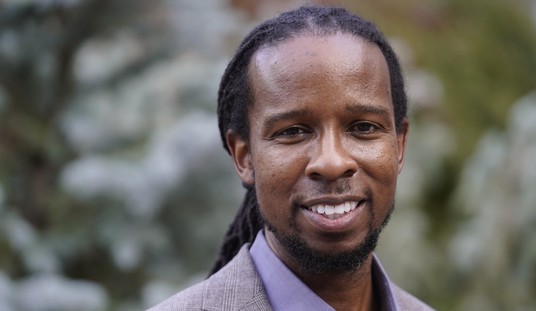Think this will merit a chapter in James Comey’s upcoming memoirs? I’d bet … no. Almost four years ago, the man in charge of the FBI’s section on communications analysis raised alarms on the warrantless-surveillance program exposed by Edward Snowden the year before. He went to Comey to warn the then-director that not only was the program ineffective, it created unnecessary burdens on investigators and created openings for “potential abuses” of authority. Now retired, Bassem Youssef tells The Hill’s John Solomon and Alison Spann that Comey ignored the warnings:
An official who supervised the FBI’s Section 215 warrantless phone surveillance program revealed by Edward Snowden in 2013 says he warned then-Director James Comey it was woefully ineffective in catching terrorists and needed to be modified.
Retired Special Agent Bassem Youssef, the chief of the FBI’s Communications Analysis Unit, said in an exclusive interview with The Hill that no action was taken by Comey in response to the concerns he raised. …
Youssef, a decorated counterterrorism agent and prior FBI whistleblower, told The Hill that he sought in the summer of 2014 to get the FBI to reform the program out of concern it gave the FBI easy access to Americans’ telephone data, leaving it open to potential abuse while generating spurious connections between innocent people and bad actors.
“I believe that the program, as it was, was ripe for potential abuses,” he said. “I think that every law-abiding citizen should feel comfortable and secure in their home in terms of their privacy and that was not the case.”
The FBI has insisted that the Section 215 surveillance program has resulted in the disruption of many terror plots against the US, although the number keeps changing. Youssef puts the number at a firm … one. Even that was indirect to the case, Youssef claims in the video:
“After instructing the supervisors of my unit to conduct an exhaustive audit of the hundreds of thousands of leads generated since September 11, 2001 until the end of 2013, we determined that the program was credited with only one disruption since 9/11,” he said.
One might be enough for some Americans, although Youssef appears to indicate that the disruption would have occurred anyway. He left the FBI a few months after it became clear that Comey was uninterested in pursuing reform, but Congress stepped in to tighten the rules on Section 215 surveillance in 2015 anyway. Now Youssef has gotten more attention on Capitol Hill from those who wonder whether the abuses about which Youssef warned led to the FBI’s FISA warrant during the 2016 election cycle. That seems like a stretch, however, although not entirely impossible. They had other entrées to that probe, including George Papadopoulos and Carter Page, rather than bugging comms.
The key points here have nothing to do with the Russia-collusion probe. The FBI and other intel agencies have insisted that Section 215 is not only necessary but has prevented a significant number of terror attacks. Youssef provides the first direct testimony that contradicts those claims. Congress should definitely be interested in Youssef, but mainly to determine whether officials have lied to them in previous testimony and whether the potential abuses in this program have been realized — and for what purposes.








Join the conversation as a VIP Member